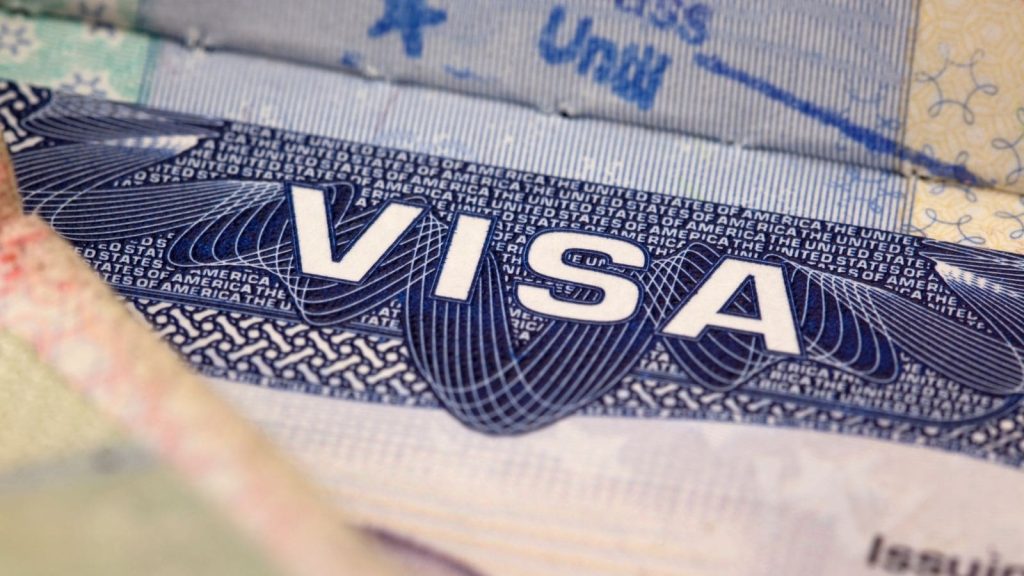The United States is witnessing significant changes regarding visa fees, adding new financial burdens on millions of international travelers. Multiple increases have gone into effect, covering non-immigrant visa fees as well as a new additional charge known as the “Visa Security Fee,” valued at 250 USD.
According to the U.S. Department of State’s website, the increase came as part of new legislation approved by President Donald Trump’s administration, called the “Big and Beautiful Bill,” which represents the first comprehensive update to visa fees in more than 10 years.
The new fees, some implemented as of September 30, 2025, include tourist and business visas (B-1/B-2), which rose from 160 to 185 USD, as well as student and cultural exchange visas (F, J, M), which increased by the same margin. Temporary worker visas (H, L, O, P) rose from 190 to 205 USD. Investor visas (E) saw a large jump from 205 to 315 USD.
In addition to these increases, the 250-dollar “security fee” is added to most non-immigrant visas, including student, work, and cultural exchange visas. This fee applies to travelers from countries not included in the Visa Waiver Program, which includes 42 countries such as France, Germany, Australia, and Qatar. Travelers from Canada and Bermuda are also exempt from these fees when visiting for tourism or business for up to 90 days.
Although the legislation allows for the possibility of refunding the security fee if the traveler complies with visa conditions—such as leaving the country on time or adjusting their legal status—an analysis from the Congressional Budget Office (CBO) indicates that only a small number of travelers will be eligible for refunds due to the long validity period of most visas.
The move has drawn criticism from the travel sector. Geoff Freeman, president and CEO of the U.S. Travel Association, described the new fees as a “self-imposed tariff on one of America’s largest exports: international travel spending.” He added that the fees do not support improving the visitor experience but instead discourage tourism at a time when the U.S. is preparing to host major global events such as the 2026 World Cup and the 2028 Summer Olympics.
Given these changes, international travelers are advised to review the details of the new visa fees before planning a trip to the United States, especially since the new charges may be added on top of other fees such as reciprocity fees, anti-fraud fees, and machine-readable visa application fees—making the total cost unprecedentedly high.

